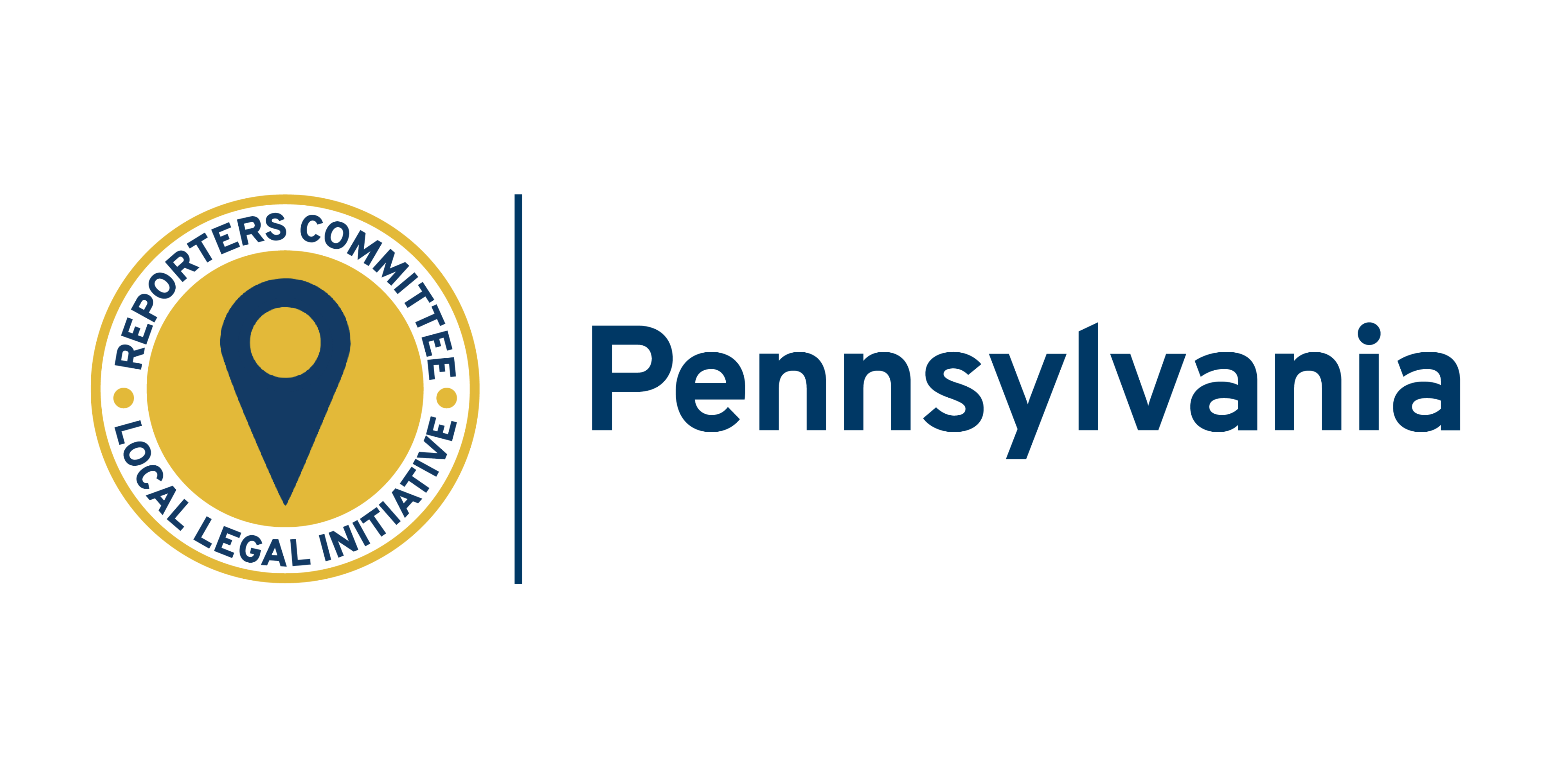PA Commonwealth Court: Applications for judicial seats are not exempt from public disclosure

The Commonwealth Court of Pennsylvania has ruled that unsuccessful applications for a vacant judicial seat filled by gubernatorial appointment are not exempt from disclosure under the state’s public records law.
In a Feb. 23 opinion, a three-judge panel of the Commonwealth Court largely sided with arguments Reporters Committee attorneys made on behalf of their clients, LNP Media Group and reporter Brad Bumsted, concluding that the state’s Office of General Counsel failed to establish that the state’s Right to Know Law exempted records requested by the news outlet.
The case stemmed from a records request LNP filed in 2019 following the closure of applications for a Commonwealth Court vacancy that was filled through gubernatorial appointment. The OGC denied the news outlet’s request for the materials submitted by unsuccessful applicants, arguing that the records could not be released because the Right to Know Law exempts employment applications of individuals who are “not hired by an agency.” The OGC also claimed that the applications were protected from disclosure because they reflected an agency’s “internal, predecisional deliberations.”
LNP appealed the denial to Pennsylvania’s Office of Open Records, which handles public records appeals. The OOR rejected the OGC’s arguments and directed officials to provide LNP with the requested documents (with certain sensitive personal information redacted), prompting the OGC to appeal to the Commonwealth Court.
In its opinion, the Commonwealth Court concluded that the two exemptions cited by the OGC did not apply to the requested records.
The Court agreed with LNP in finding that the “employment application” Right to Know Law exemption does not apply to the requested records, as judges are not properly characterized as government “employees.”
“Neither the Governor nor the Commonwealth agencies he oversees entered into an employer/employee relationship with any of the applicants,” Judge P. Kevin Brobson wrote in the panel’s opinion. “These applicants never applied for employment with OGC or the Governor.”
The Commonwealth Court also held that the OGC failed to show that the applications at issue are deliberative in character, and, consequently, they are not exempt under the Right to Know Law’s “predecisional deliberative process” exemption.
The court remanded the matter to the OOR to decide if any information should be redacted prior to releasing the records. The OGC has until March 25, 2021, to petition for review of the court’s ruling. If the case does not come before the Pennsylvania Supreme Court, it will be remanded to the OOR for additional briefing on the question of whether the constitutional right of privacy, as recognized in Pennsylvania, requires redaction of any of the information contained in the requested records.
“We are pleased with the Commonwealth Court’s decision in OGC v. Bumsted. Its narrow reading of the Right to Know Law exemptions is consistent with the purpose of the law, which is to empower people to stay informed about the workings of Pennsylvania’s government,” said Reporters Committee Media Litigation Fellow Madeline Lamo, who argued the case on behalf of Bumsted and LNP. “We hope this decision will provide for increased transparency in the appointment of Pennsylvania public officials.”
The Reporters Committee regularly files friend-of-the-court briefs and its attorneys represent journalists and news organizations pro bono in court cases that involve First Amendment freedoms, the newsgathering rights of journalists and access to public information. Stay up-to-date on our work by signing up for our monthly newsletter and following us on Twitter or Instagram.